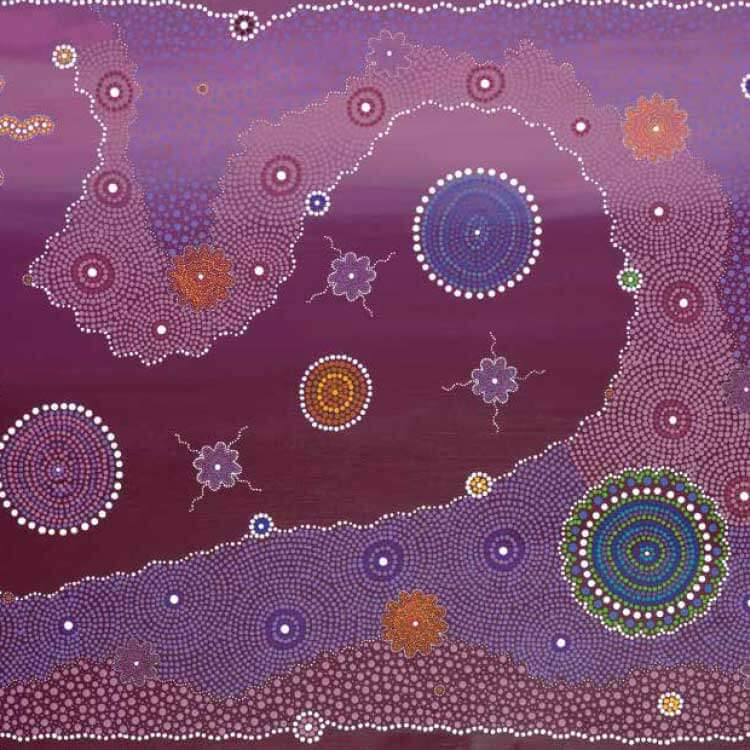Search
Research
Health System Enablers and Barriers to Continuity of Care for First Nations Peoples Living with Chronic DiseaseFailings in providing continuity of care following an acute event for a chronic disease contribute to care inequities for First Nations Peoples in Australia, Canada, and Aotearoa (New Zealand).
Research
The epidemiology of superficial Streptococcal A (impetigo and pharyngitis) infections in Australia: A systematic reviewStreptoccocal A (Strep A, GAS) infections in Australia are responsible for significant morbidity and mortality through both invasive (iGAS) and post-streptococcal (postGAS) diseases as well as preceding superficial (sGAS) skin and throat infection. The burden of iGAS and postGAS are addressed in some jurisdictions by mandatory notification systems; in contrast, the burden of preceding sGAS has no reporting structure, and is less well defined.
Research
A Review of Cardiac Surgical Procedures and Their Outcomes for Paediatric Rheumatic Heart Disease in Western AustraliaSurgical intervention is an important treatment modality for advanced rheumatic heart disease (RHD). This study aimed to describe patient characteristics and outcomes from cardiac surgery for RHD in patients referred to the only tertiary paediatric hospital in Western Australia.
Research
Culture, Connection and Care: The Role of Institutional Justice Capital for Enhancing the Wellbeing of Aboriginal and Torres Strait Islander Children in Out-Of-Home CareEnsuring that Aboriginal and Torres Strait Islander children removed from their families by child protection services remain connected to their kin, Country and culture is a priority to begin to redress the intergenerational trauma and harm caused by colonisation. This article describes the views of staff working in three mainstream out-of-home care organisations, where children are cared for by non-Indigenous foster carers.
Research
Co-design of school-based strategies and supports for Aboriginal and Torres Strait Islander youth living with type 2 diabetes: A qualitative studyYouth-onset type 2 diabetes is an emerging condition impacting Indigenous populations worldwide. Schools have an important role in supporting students to manage their health. We undertook a qualitative study to (i) explore the lived experience of type 2 diabetes, diabetes management and support in school environments and (ii) co-design recommendations for age-appropriate, culturally safe school-based strategies and supports. Interviews and focus groups were undertaken with Aboriginal and Torres Strait Islander youth, caregivers, health professionals and school-based staff. Aboriginal and Torres Strait Islander youth were involved in determining the research topic.

Research
Working Together Second EditionThis 2nd edition is intended for staff and students and all health practitioners working in areas that support Indigenous mental health and wellbeing.

Research Theme
First Nations Health and EquityAboriginal health is everyone's business. The needs of Aboriginal and Torres Strait Islander families and kids is integrated into all relevant areas of our work. Improving the health and wellbeing of Aboriginal and Torres Strait Islander kids and families is an overarching priority for every team at The Kids.
Research
Antimicrobial stewardship in remote primary healthcare across northern AustraliaThe high burden of infectious disease and associated antimicrobial use likely contribute to the emergence of antimicrobial resistance in remote Australian Aboriginal communities. We aimed to develop and apply context-specific tools to audit antimicrobial use in the remote primary healthcare setting.
Research
"Cultural Security Is an On-Going Journey..." Exploring Views from Staff Members on the Quality and Cultural Security of Services for Aboriginal Families in Western AustraliaCultural security is a key element of accessible services for Indigenous peoples globally, although few studies have examined this empirically. We explored the scope, reach, quality, and cultural security of health and social services available to Aboriginal and/or Torres Strait Islander families in Western Australia (WA), from the point of view of staff from the services.
Research
Healing Right Way: Study protocol for a stepped wedge cluster randomised controlled trial to enhance rehabilitation services and improve quality of life in Aboriginal Australians after brain injuryDespite higher incidence of brain injury among Aboriginal compared with non-Aboriginal Australians, suboptimal engagement exists between rehabilitation services and Aboriginal brain injury survivors. Aboriginal patients often feel culturally insecure in hospital and navigation of services post discharge is complex.
